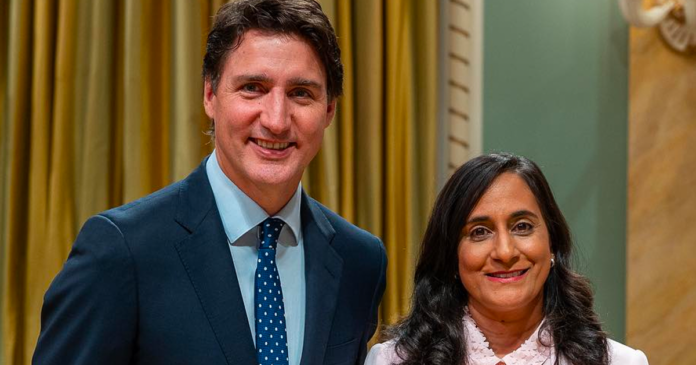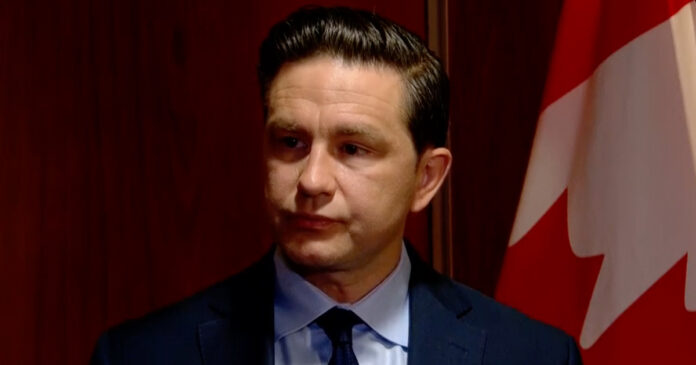A staff member from the South Riverdale Community Health Centre (SRCHC) in Leslieville, Toronto was arrested Monday following last month’s shooting which left 44-year-old mother Karolina Huebner-Makurat dead.
23-year-old Khalila Zara Mohammed was arrested and charged with accessory after the fact and obstruction of justice in relation to the shooting, as confirmed by the Toronto Police Service Tuesday.
Mohammad was featured in a CBC News report last year where she described her work testing substances at the drug consumption site.
In the video, Mohammad advocates for more drug consumption sites in order to reduce stigma.
“More safe injection sites, more drug checking,” she said. “It’s baby steps but I really hope to see that happen.”
A second suspect, 20-year-old Ahmed Mustafa Ibrahim, was also arrested and charged with manslaughter, robbery and failure to comply with probation.
Last month, Huebner-Makurat was killed by a stray bullet following an altercation near the SRCHC’s main operating building on Queen Street East.
Police say one suspect, described as an 18-25-year-old male, still remains at large in connection with the murder.
Over the weekend, a poster offering chocolates in exchange for used needles was spotted at the SRCHC’s location in Leslieville sparking outrage on X (formerly Twitter.) The poster was quickly taken down and the centre’s CEO, Jason Altenberg, apologized.
“In an exuberance to get used needles off the street one of our staff posted a sign that was never meant for the public, said Altenberg in a statement to the National Post. In no way, shape, or form was that communication meant for children.”
“We apologize for any miscommunication.”
“This is an actual sign from a drug consumption site in Toronto,” wrote Conservative leader Pierre Poilievre in reaction to the poster. “What is happening in Canada?”
TPS asks that anyone with information relating to the case contact 416-808-5500, or Crime Stoppers anonymously at 416-222-TIPS (8477) or at www.222tips.com.



























